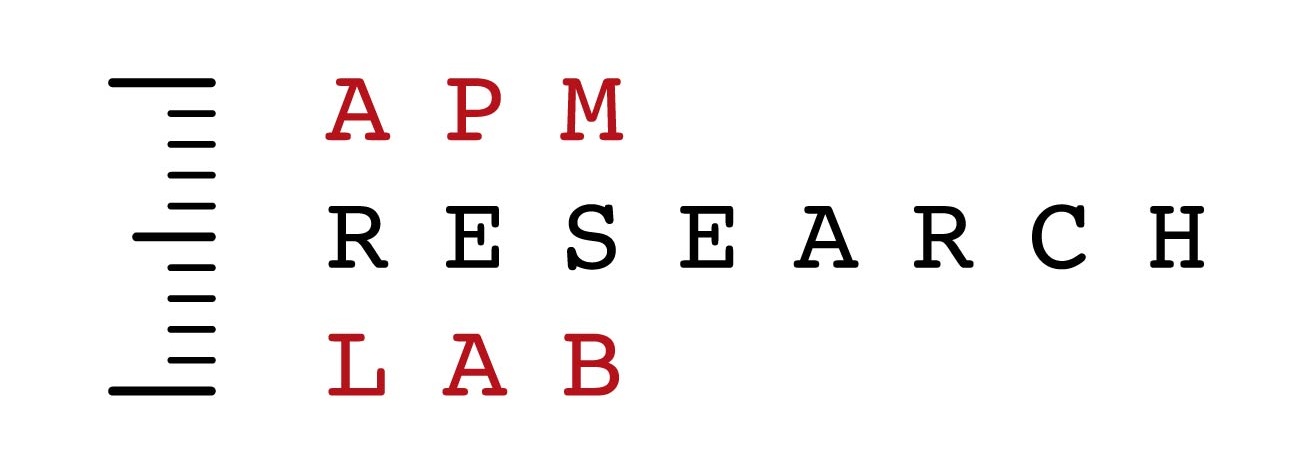Politics
Minnesota State House and Senate election, 2024
The House of Representatives convening for their new session at the State Capitol in St. Paul, Minnesota on Monday, Feb. 12, 2024. Ben Hovland | MPR News.
RELATED
Minnesota Poll: Control of the Minnesota House is up for grabs
MPR News: Minnesota poll watch 2024
MPR News: Voter help desk
MPR News: Politics and and election reporting
Minnesota House and Senate election, 2022
APM Research Lab: Politics and election analysis
by CRAIG HELMSTETTER | Oct. 24, 2024 | last updated Nov. 6 at 5:00 p.m. Central
Note: This article will be updated as election results come in.
Control of Minnesota’s House and Senate were both in the hands of the voters this year. The House by virtue of its regular biennial election cycle and the Senate due to a single special election that decided control in the evenly-split chamber.
According to the Minnesota Secretary of State’s office, DFL candidate Ann Johnson Stewart has won her bid to fill the vacant Senate seat, maintaining the DFL’s control of that body.
Minnesota government has most often been divided, but the state’s Democratic-Farmer-Labor (DFL) Party established a trifecta in the 2022 election, winning control of the Governor’s office as well as both legislative chambers for the first time since 2013.
In partnership with Minnesota Public Radio News, we have assembled a list of candidates, as well as the recent voting outcomes in each House district.
Minnesota House of Representatives
Pending automatic recounts in two very narrowly-won districts, the House is evenly divided. Republican won 67 seats, picking up three compared to the 2022 election, and Democrats won 67, losing three compared to the 2022 election.
The DFL had retained its control of the Minnesota House of Representatives in the 2022 election, winning a majority 70 seats of the 134-member body. According to the state’s Legislative Reference Library, the balance of power heading into the election was 68 to 63, due to retirements.
Minnesota Public Radio News has identified 14 races to watch, or most hotly contested races, that will likely decide control of Minnesota’s House. As noted in the map and even more detailed table below, many House races are very likely to stay either blue or red, based on the margin of victory in the district’s 2022 house race and the district’s leaning in recent presidential elections.
Partisan lean, candidates and outcome by House district
In 2022 the DFL retained control of the House, winning 70 seats compared to the 64 won by Republican candidates. Although that ratio was exactly the same outcome as in the 2020 election, previous House elections are less predictive of each district’s partisan leaning due to the regular decennial redistricting that occurred just prior to the 2022 election.
It is possible, however, to allocate presidential votes to the current district boundaries to provide a longer track record of each district’s partisan leaning and therefore get some sense as to whether a district is likely to stay with the party of its current representative. In that analysis:
A majority of voters in 65 districts voted for the Democrat candidate in both the 2016 (Hillary Clinton) and 2020 (Joe Biden) presidential;
A majority of voters in 57 voted for the Republican candidate, Donald Trump, in both 2016 and 2020;
Twelve districts flipped, favoring Trump in 2016 and Biden in 2020. (No districts flipped from Clinton in 2016 and Trump in 2020.)
Of the 70 districts that voted in a DFL Representative in 2022, only one favored Trump in both 2016 and 2020: Iron Range district 7B, where incumbent DFL Rep. David Lislegard held on by a slim 2.4 percentage point margin of victory. Five other districts won by DFLers in 2022 had flipped from favoring Trump in 2016 to Biden in 2020. All six of these “purple” districts are among the hotly-contested races in this year’s election.
Of the 64 districts that voted in a Republican Representative in 2022, only two went for the Democratic candidate in both the 2016 and 2020 presidential elections: 3B to the north and west of Duluth, where Republican Rep. Natalie Zeleznikar unseated incumbent DFL Rep. Mary Murphy by just 33 votes, and 11A just south of Duluth. Another seven Republican districts had favored Trump in 2016, but flipped to Biden in 2020.
Third party candidates by House district, not listed in the table above:
3A, Rich Tru, Forward Party Independent
6B, Troy Kenneth Scheffler, America First Party
21A, Creedence Matthew Petroff, Independence-Alliance Party
44B, TJ Hawthorne, Libertarian Party
61A, Toya Lopez, Green Party
Minnesota Senate
The DFL maintained control of the Senate this year. According to the Minnesota Secretary of State’s office, DFL candidate Ann Johnson Stewart has won her bid to fill the vacant Senate seat, maintaining the DFL’s control of that body. Johnson received just over 52% of the vote, compared with just over 47% going to Republican candidate Kathleen Fowke.
In the 2022 election the DFL gained control of the Senate, winning the minimum 34 seats necessary to hold a majority in the 67-seat body — including winning two of those seats by less than 350 votes. Heading into the election control of the Senate was unclear: Sen. Kelly Morrison (DFL, district 50) had resigned in order to campaign for U.S. Congress, leaving the body split with 33 seats for each of the major parties.
The only seat on the ballot this year was district 45, where DFL candidate former state Sen, Ann Johnson Stewart is facing Republican candidate Kathleen Fowke. The seat was vacated in June by DFL Sen. Kelly, who had won her 2022 election by 12 percentage points. In addition, the district has favored Democratic candidates for president in the last two election cycles, with 54% voting for Clinton in 2016 and 58% voting for Biden in 2020.

